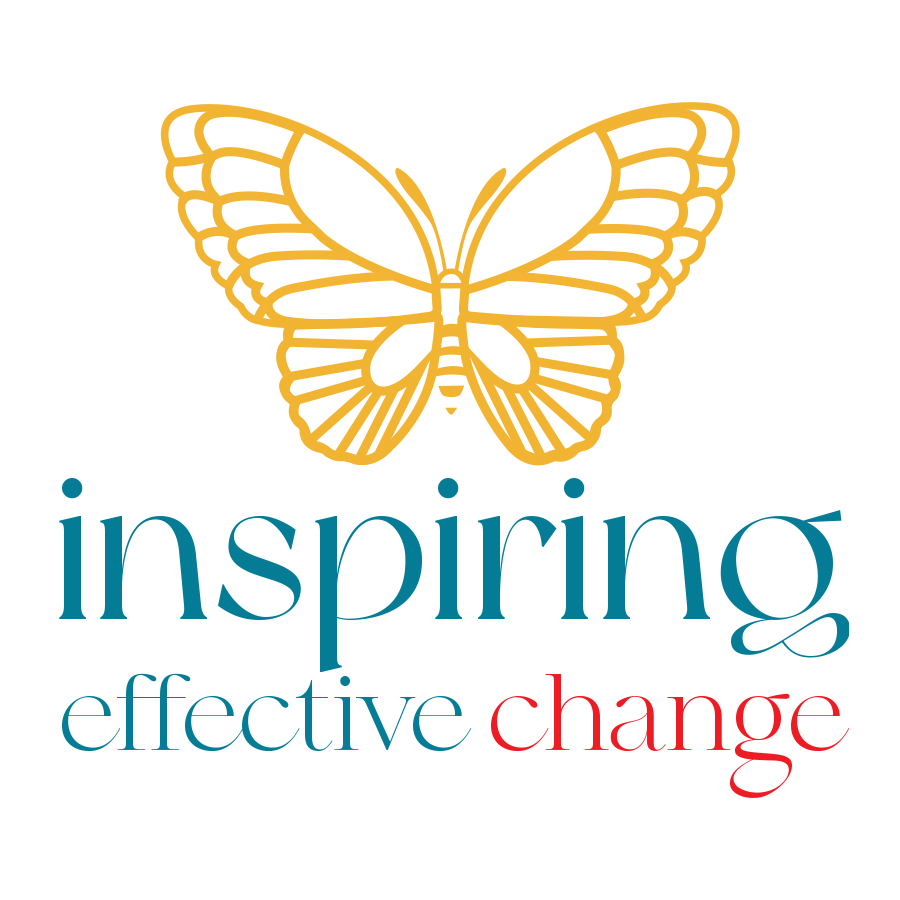As a neurodivergent millennial, I understand the weight and impact of Adverse Childhood Experiences (ACEs) all too well. Today, in this sensitive discussion, I want to delve into the profound effects of childhood trauma and the lifelong struggles it can bring.
ACEs encompass a range of experiences that can deeply traumatize a child, from neglect and abuse to witnessing domestic violence or substance abuse within the family. These experiences have the power to alter brain development and set the stage for mental health challenges in adulthood. Sadly, my own childhood was marked by several of these traumatic events.
Growing up in an environment overshadowed by addiction and emotional neglect, I found myself longing for validation and attention that was not provided at home. This void led me down a perilous path where I sought solace and validation in inappropriate ways, ultimately resulting in being molested at the tender age of 9. The guilt and shame that followed were crushing, as I grappled with feelings of responsibility for something I couldn’t comprehend or control.
Unable to find the emotional support and validation I needed within my family, I unwittingly sought it elsewhere, only to fall victim to a predator’s manipulation. The aftermath of such trauma set me on a tumultuous journey of self-discovery and healing that continues to this day.
It has taken years of therapy and introspection to come to terms with my past and acknowledge how deeply it has influenced my present. The scars of childhood trauma run deep, shaping my perspectives, behaviors, and relationships in ways I’m still unraveling. Accepting that these experiences are a part of my story, but not the entirety of who I am, has been a pivotal step towards reclaiming my sense of self and agency.
As a neurodivergent individual, the intersection of childhood trauma and neurodiversity adds layers of complexity to my healing journey. Navigating the nuances of my unique neurocognitive profile alongside the lingering effects of ACEs requires patience, self-compassion, and a commitment to ongoing self-care and growth.
While the road to healing may be long and arduous, I hold onto the hope that by sharing my experiences and shedding light on the lasting impact of childhood trauma, I can destigmatize these conversations and offer solace to those who have walked similar paths. Together, we can break the cycle of silence and shame surrounding ACEs, paving the way for healing, resilience, and empowerment.
